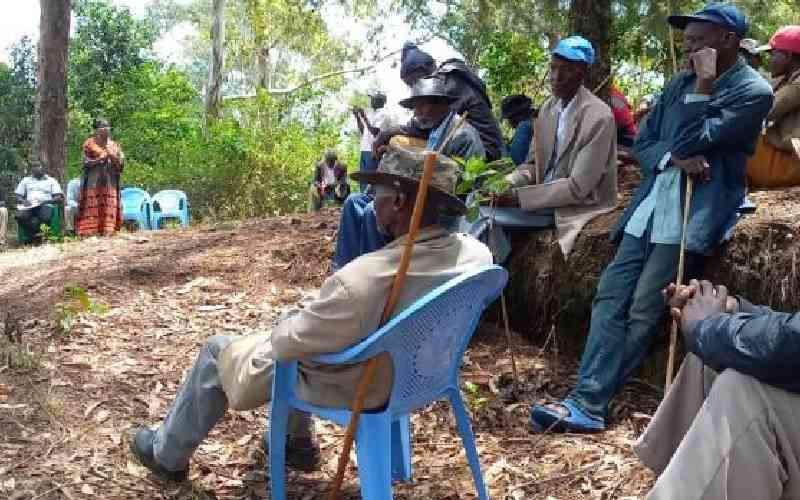×
The Standard e-Paper
Smart Minds Choose Us

For several years, Kuria in Migori County made headlines for the wrong the reasons, as rogue groups took over the villages forcing young girls to undergo Female Genital Mutilation (FGM).
FGM compounded with pockets of cattle rustling, smuggling of goods across the Kenyan-Tanzanian border as well as robberies, have worsened cases of violent extremism in the region.